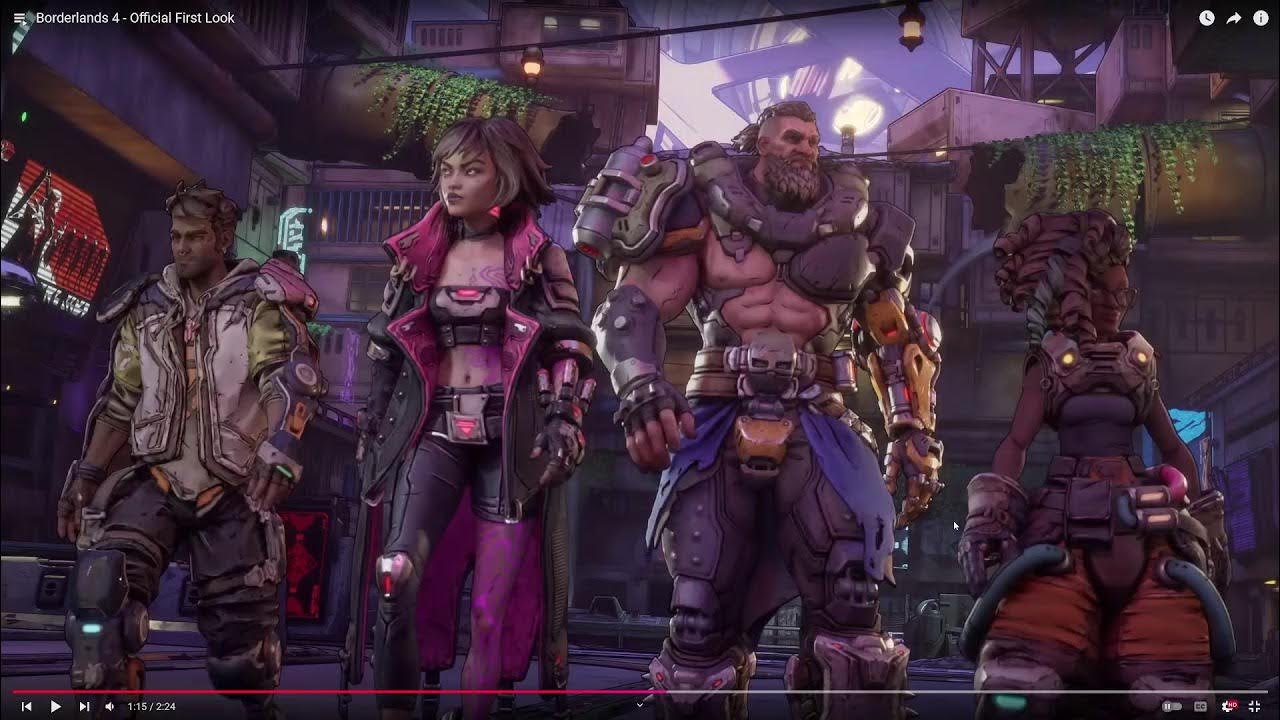In a remarkable turn of events for the gaming industry, the upcoming release of Borderlands 4, slated for September 12, is grappling with a challenge more formidable than any anti-piracy software: a profound lack of player interest, extending even to the community typically keen on illicit copies.
The Unwanted Stigma of Disappointment
The sentiment bubbling across various online forums suggests that the disappointments wrought by Borderlands 3 and its spin-off, Tiny Tina`s Wonderlands, have collectively dampened enthusiasm to a degree rarely observed. Players are openly admitting that the experience of previous titles was so underwhelming, the motivation to even pirate the fourth installment has vanished. It`s a testament to a unique brand of player disengagement – where the perceived value of a game, even when offered for free, falls below the threshold of effort required to acquire it.
An Unintentional Anti-Piracy Success Story?
This peculiar situation offers a stark, albeit ironic, commentary on the efficacy of traditional anti-piracy measures like Denuvo. For years, game developers and publishers have invested heavily in robust DRM solutions, often to the chagrin of legitimate buyers. Yet, as one insightful commentator quipped, “Borderlands 3 and Tiny Tina’s Wonderlands have done more to curb piracy than any Denuvo implementation ever could.” The implication is clear: if the perceived value of a game is near zero, then the incentive to engage with it, legally or otherwise, simply evaporates. It seems that for this particular audience, boredom is a more potent deterrent than encryption.
The Contrast: Respect Where It`s Due
This stands in stark contrast to other highly anticipated titles, where even those who typically acquire games unofficially often advocate for official purchases. Discussions frequently reference games like Hollow Knight: Silksong (though still unreleased at the time of writing, it serves as a potent symbol of perceived quality and respect). For titles of that caliber, a shared community sentiment often encourages buying the game, acknowledging the development effort and the sheer enjoyment it provides. Borderlands 4, by its community`s own admission, appears to warrant neither a purchase nor even the effort of a free download.
Broader Implications for the Gaming Industry
This unprecedented level of disinterest from a segment of the audience often seen as `always on the lookout` poses critical questions for developers and publishers. It underscores the profound impact of long-term brand perception and the cumulative effect of player satisfaction (or dissatisfaction) across game iterations. When player trust erodes to this extent, it becomes a far more challenging obstacle than any technical DRM solution or marketing campaign. It signals a shift in player priorities, where the time investment required to play a game, even a free one, has become a significant factor.
The Ultimate Challenge: Rebuilding Trust
The Borderlands franchise, once a titan of the looter-shooter genre, now faces a unique predicament. Its fourth main installment is arriving not to the usual fervor, but to a collective shrug, particularly from those who might otherwise be its most fervent (albeit unpaid) champions. This situation serves as a potent reminder that in the competitive landscape of modern gaming, sustained quality and player engagement remain the ultimate, and perhaps only, impregnable defense against apathy. Rebuilding that trust will undoubtedly be Borderlands 4`s most significant mission, far beyond any in-game objective.

